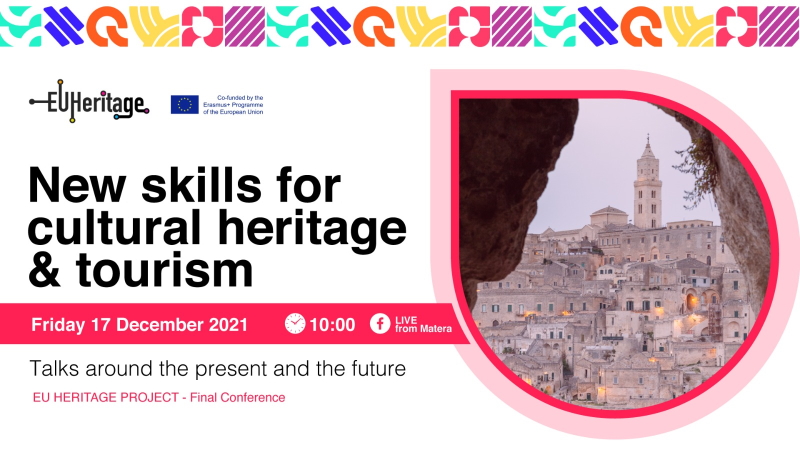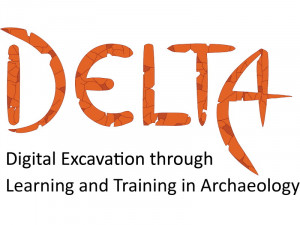 On Wednesday, 12 January 2022, at 18.00-20.00, an online event with the title “Digital skills in archaeological research and education” was organized as part of the European project DELTA. The event was organized by the Department of History and Archaeology of the National and Kapodistrian University of Athens, partner of the DELTA project, with the participation of the Hellenic Open University, coordinator of the project.
On Wednesday, 12 January 2022, at 18.00-20.00, an online event with the title “Digital skills in archaeological research and education” was organized as part of the European project DELTA. The event was organized by the Department of History and Archaeology of the National and Kapodistrian University of Athens, partner of the DELTA project, with the participation of the Hellenic Open University, coordinator of the project.
The event was divided in two parts, one hour each. The first part focused on the results of the DELTA project, presented by researchers of the project. The second part was of more general character, dealing with the use of digital technologies in archaeology and the training of archaeologists, which were the subject of the talks given by two distinguished invited speakers.
The event started with a short presentation of the project by Dr. Achilleas Kameas, Professor of the School of Science and Technology of the Hellenic Open University, Director of the DAISSy research group of the Hellenic Open University, and Scientific Coordinator of the DELTA project.
The first presentation was made by Mrs. Panagiota Polymeropoulou, Archaeologist – Museologist MSc., Researcher in the DAISSy Research Group of the Hellenic Open University; the presentation focused on the pilot blended course “Digital Excavation” and the online DELTA platform. Mrs. Polymeropoulou presented in detail the methodology and the content of the pilot blended course which was designed and developed by the four partners of the DELTA project, as well as the online learning platform, which was designed and developed by the DAISSy Research Group of the Hellenic Open University. The online part of the pilot blended course “Digital Excavation” took place from 10 May to the end of August 2021. The final phase of the course was the Intensive Study Program.
The next two presentations referred to the tutors’ experience during the supervision of the pilot blended course “Digital Excavation”. Mrs. Antigoni Kalara, PhD candidate of Prehistoric Archaeology in the Department of History and Archaeology of the National and Kapodistrian University of Athens, presented her experience from the tutoring of the trainees in the digital platform of the course. The following presentation by Dr. Yiannis Papadatos, Associate Professor of Prehistoric Archeology in the Department of History and Archaeology of the National and Kapodistrian University of Athens, and Director of the NKUA excavation at Plasi, Marathon, concerned the teaching experience from the face-to-face activities and the Intensive Study Program, held in the NKUA excavation at Marathon in October 2021.
The first part of the event closed with the presentations of Mrs. Eleni Gourgouleti, Mr. Giorgos Ntzoufras, and Mr. Giorgos Tasopoulos, undergraduate students of the Department of History and Archaeology of the National and Kapodistrian University of Athens. The students presented their experience from the participation in the pilot blended course (i.e. the digital platform, the face-to-face activities and the Intensive Study Program in the field), and discussed the strengths of the course, and made suggestions about possible improvements.
The second part of the event included the presentations of two invited speakers dealing with the implementation of the digital technology in the modern archaeological research and the digital skills that need to be acquired by students of archeology during their studies.
The first presentation was given by Dr. Yiannis Lolos, Associate Professor of Classical Archeology in the Department of History, Archaeology and Social Anthropology of the University of Thessaly, and Director of Sikyon Excavations, concerning the use of digital technologies in the archaeological field research.
The second presentation was given by Dr. Markos Katsianis, Assistant Professor in the Department of History and Archaeology of the University of Patras, concerning the digital skills which are considered essential for modern archeologists and need to be included in undergraduate studies offered by Greek Departments of Archaeology.
The event closed with an open discussion and answers to questions made by the audience. The discussion demonstrated the need for digital tools and skills to be included in the archaeological curricula of the Greek Departments of Archaeology. Also, many students expressed their interest to attend the online course “Digital Excavation”, when the online training platform will be reactivated at the end of February 2022.
The event was organized online, via Webex, because of the measures against the pandemic . It was particularly successful; 114 people attended the meeting, which was also widely advertised in the social media. Out of a total of 114 participants, the largest part of the audience (75%) were students and graduates of study programs related to Culture and Archeology from many Greek universities: Athens, Thessaloniki, Thessaly, Patras, Ioannina, Crete, Aegean, Thrace, Peloponnese, Ionian, Hellenic Open University, Athens University of Economics and Business, National Technical University; some participants were from universities outside Greece: Rovira i Virgili in Taragona, Groningen, University College London, Antwerp, Cologne, Aix-Marseille and Tübingen. Apart from students, who represented the largest part of the audience, the event was also attended by professors of Archeology of Greek universities, researchers from Greek research institutions, as well as archaeologists serving in the Ministry of Culture and Sports, museums and other Greek cultural institutions.
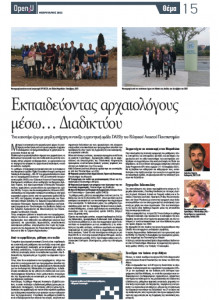 Κυκλοφόρησε το νέο τεύχος της Μηνιαίας Εφημερίδας του Ελληνικού Ανοικτού Πανεπιστημίου Open2U για τον μήνα Φεβρουάριο 2022!
Κυκλοφόρησε το νέο τεύχος της Μηνιαίας Εφημερίδας του Ελληνικού Ανοικτού Πανεπιστημίου Open2U για τον μήνα Φεβρουάριο 2022!
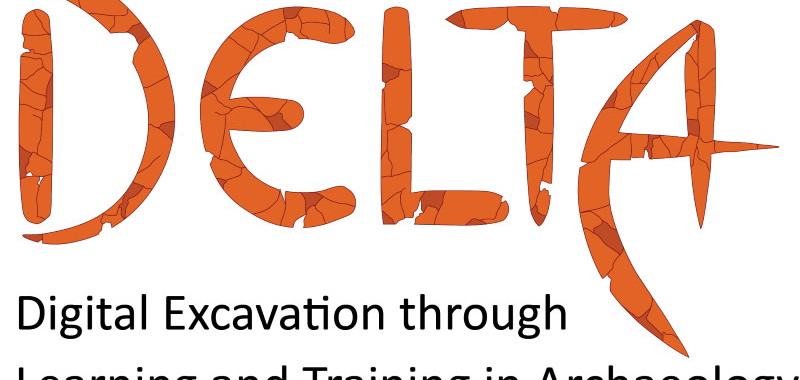
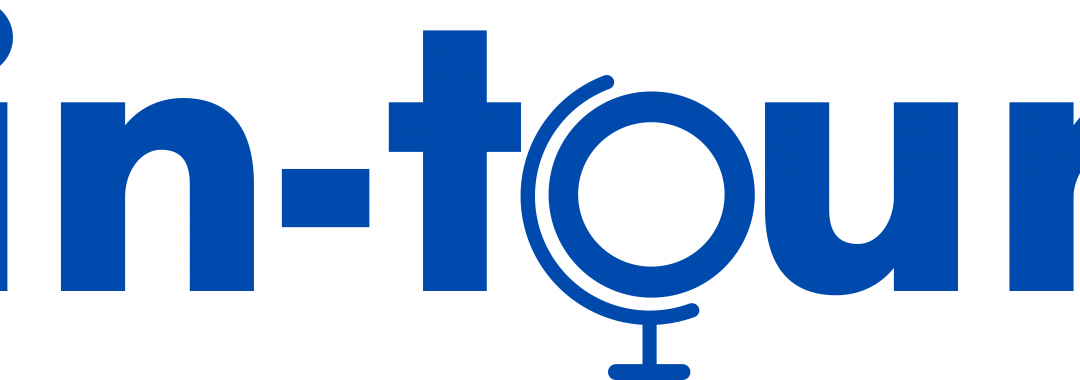
 Το Ευρωπαϊκό Δίκτυο για τον Προσβάσιμο Τουρισμό (ΕΝΑΤ), εταίρος μας στο έργο INTOUR στο οποίο συμμετέχει η ομάδα DAISSy, σε συνεργασία με την InclusiveGreece θα πραγματοποιήσουν το 1ο Ανοικτό Διαδικτυακό Σεμινάριο για τις Αναδυόμενες Τουριστικές Αγορές: Νέες Επιχειρηματικές Ευκαιρίες για την Ελλάδα.
Το Ευρωπαϊκό Δίκτυο για τον Προσβάσιμο Τουρισμό (ΕΝΑΤ), εταίρος μας στο έργο INTOUR στο οποίο συμμετέχει η ομάδα DAISSy, σε συνεργασία με την InclusiveGreece θα πραγματοποιήσουν το 1ο Ανοικτό Διαδικτυακό Σεμινάριο για τις Αναδυόμενες Τουριστικές Αγορές: Νέες Επιχειρηματικές Ευκαιρίες για την Ελλάδα.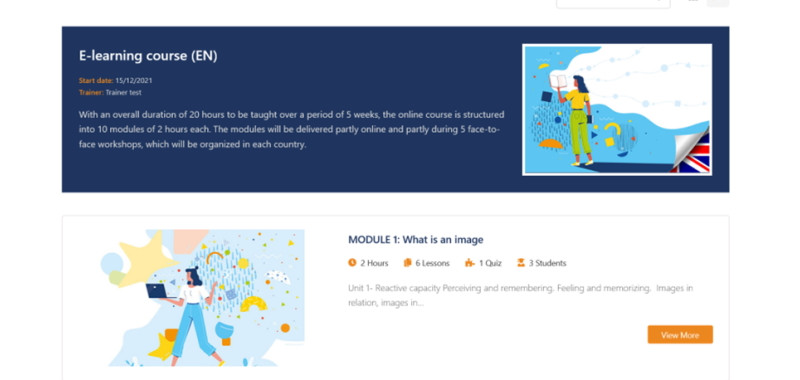
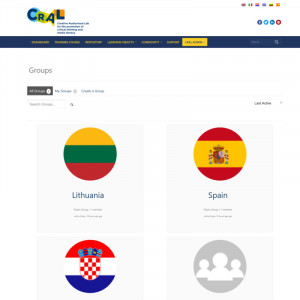
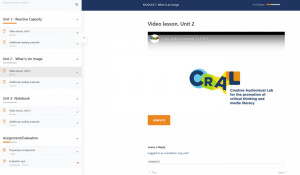
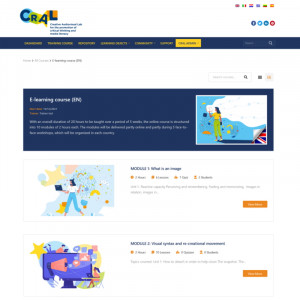
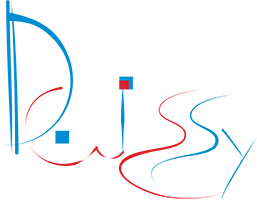
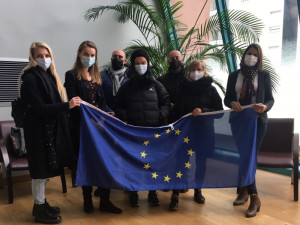
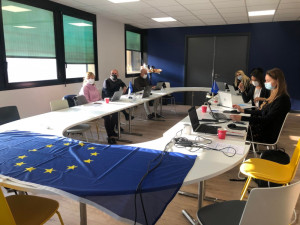
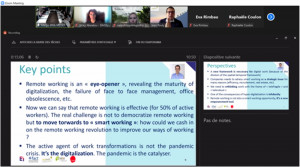
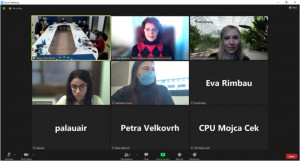
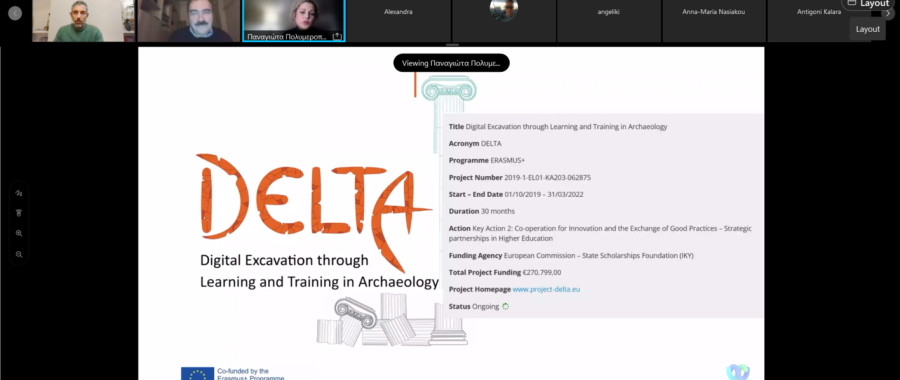
 On Wednesday, 12 January 2022, at 18.00-20.00, an online event with the title “Digital skills in archaeological research and education” was organized as part of the European project DELTA. The event was organized by the Department of History and Archaeology of the National and Kapodistrian University of Athens, partner of the DELTA project, with the participation of the Hellenic Open University, coordinator of the project.
On Wednesday, 12 January 2022, at 18.00-20.00, an online event with the title “Digital skills in archaeological research and education” was organized as part of the European project DELTA. The event was organized by the Department of History and Archaeology of the National and Kapodistrian University of Athens, partner of the DELTA project, with the participation of the Hellenic Open University, coordinator of the project.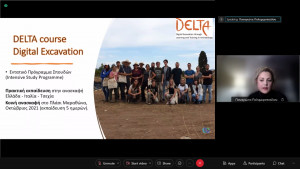
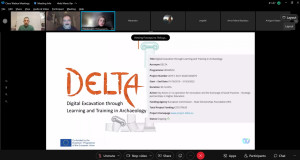
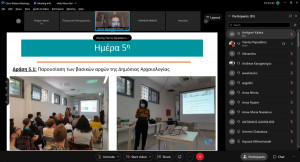
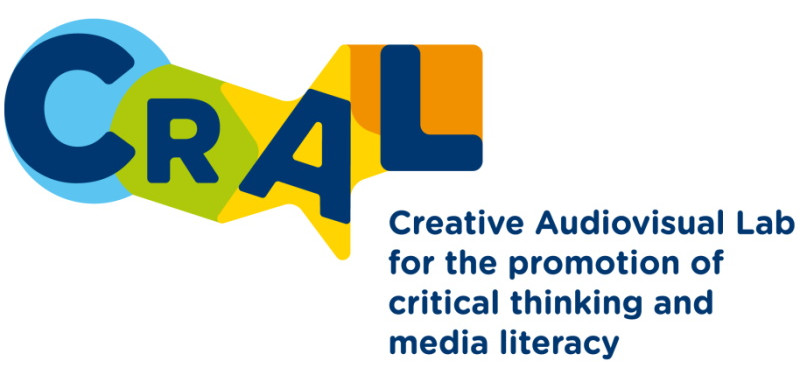
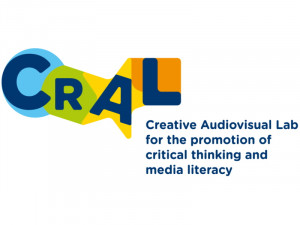 The
The 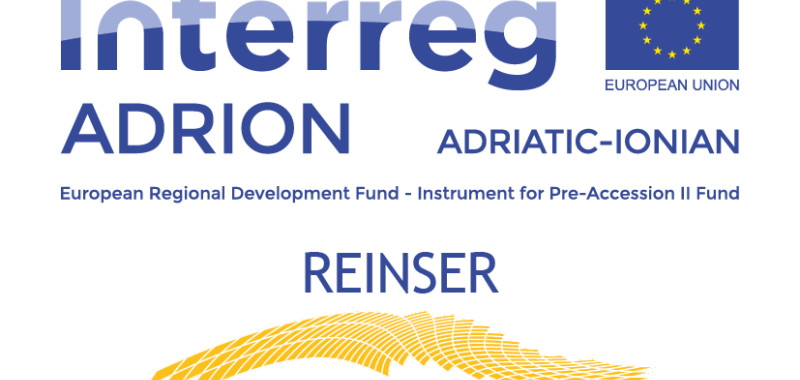
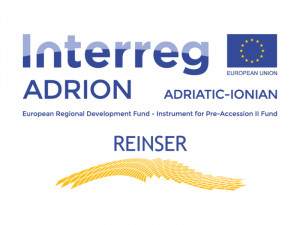 The International Conference “Economic and Social Inclusion of Asylum Seekers and Refugees through Social Entrepreneurship” will be held on March 10th, 2022, at the University of Bologna, in the framework of the
The International Conference “Economic and Social Inclusion of Asylum Seekers and Refugees through Social Entrepreneurship” will be held on March 10th, 2022, at the University of Bologna, in the framework of the 
 On 6th December 2021, with the participation of tutors, teachers, researchers, public servants, policy designers and people interested in the development of digital competences, a vivid related event took place.
On 6th December 2021, with the participation of tutors, teachers, researchers, public servants, policy designers and people interested in the development of digital competences, a vivid related event took place.